Messages of support are pouring in from both members and non-members of the Tel Aviv community following a disturbing incident during Yom Kippur observances. What unfolded over the weekend has become not only top headline news in the country but a deeply personal story for me and many others living in Tel Aviv.
Yom Kippur, the Jewish day of atonement, took a tumultuous turn this year as protests against the judicial overhaul spilled over into a prayer service organized by Tribe Tel Aviv. The plan was to host outdoor services at Kikar Habima, a plaza next to the city’s largest theater, drawing a diverse community of young Olim (immigrants) and locals.
However, the day took an unexpected turn due to a recent ruling forbidding separate gender prayer. Unaware of this development, our prayer service became a focal point of frustration for protesters aligned with the Rosh Yehudi organization, known for its controversial views.
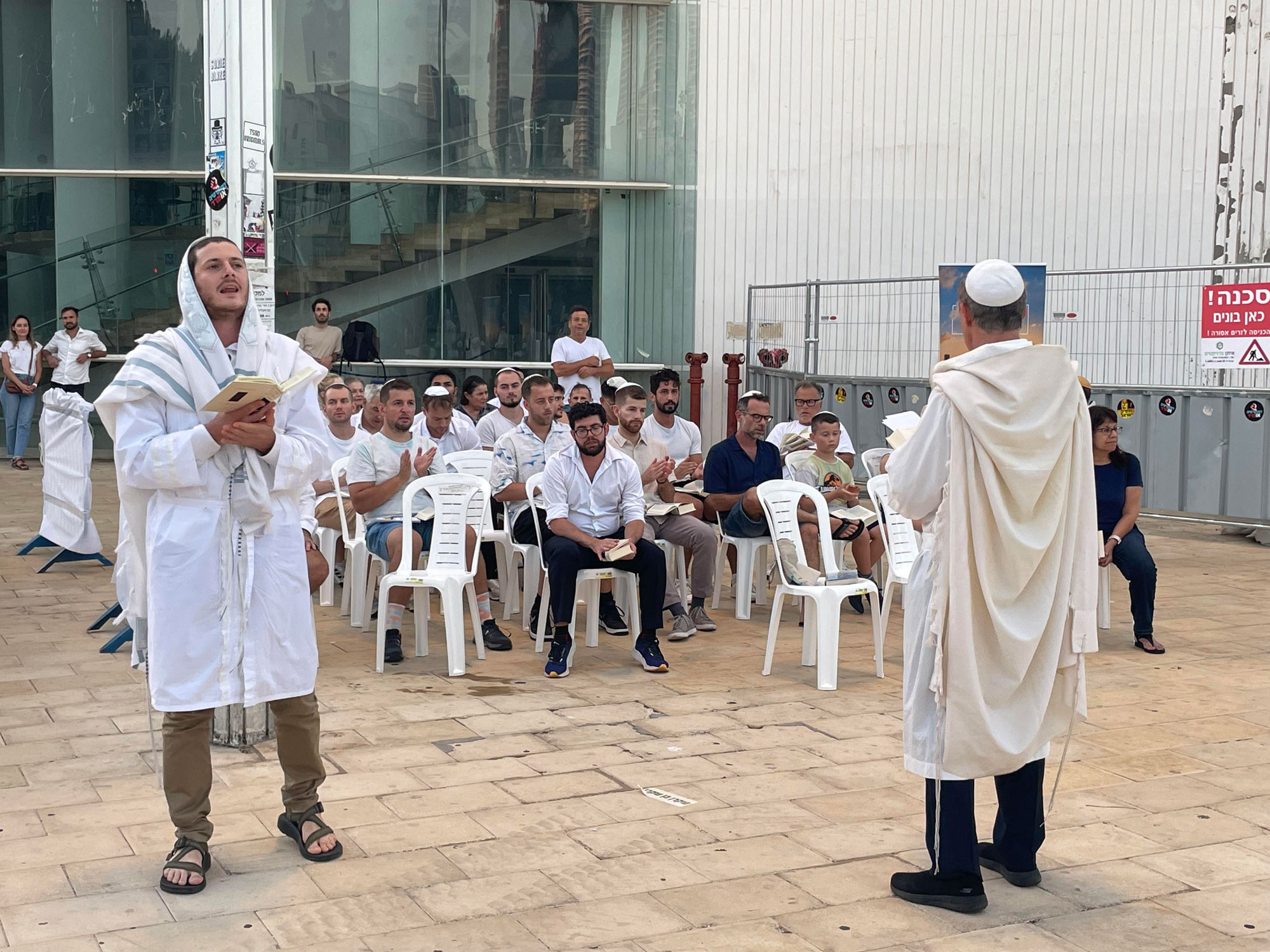
As we commenced Kol Nidrei, about five or six blocks away from the Rosh Yehudi crowd, our service of around one hundred people faced verbal harassment and disruptions. The newly enforced ban on separate gender seating became apparent, and tensions escalated when a protester violently removed the metal divider, screeching across the ground.
Efforts to reason with the disrupters proved futile, and the situation intensified as they wheeled bicycles into the service area, blowing whistles and yelling over our prayers. Insults and profanities were hurled at our diverse community, with individuals openly expressing resentment toward immigrants.
The disruption persisted, forcing us to abandon the prayer and gather in a circle for discussion and Torah study. The protesters, unsatisfied with disrupting our service, lingered menacingly, shouting political slogans and rifling through our books.
Despite the disturbance, we remained resilient, moving our prayer to a nearby synagogue that graciously welcomed our community. The injustice of the situation was further highlighted during the closing ceremony, Neila, as another mixed-gender service appeared nearby, emphasizing the city’s attempt to dictate religious practices.
Rabbi Feldman expressed hope for understanding and coexistence despite ideological differences, while our community members struggled to comprehend the anger and animosity displayed by fellow Jews on Yom Kippur.
As we reflect on this distressing incident, it serves as a stark reminder of the challenges faced in upholding religious pluralism in Tel Aviv and underscores the need for open dialogue and understanding.

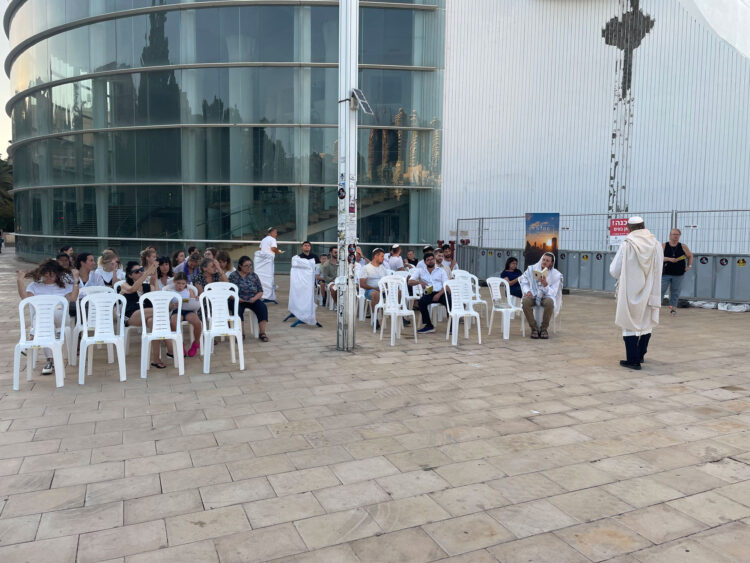
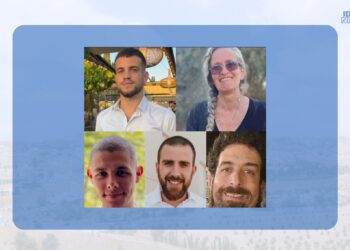



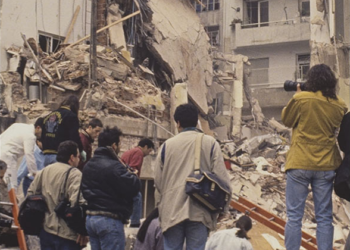
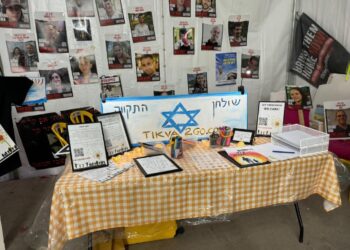
















Discussion about this post